Presence of Israeli operatives in Kurdistan region will drag Iraq into war: Kata’ib Hezbollah spokesman
The Iraqi anti-terror Kata'ib Hezbollah movement says the presence of operatives affiliated to the Israeli spy agency Mossad in the semi-autonomous Kurdistan region will drag the Arab country into a military confrontation.
Speaking in an interview with Lebanon’s Arabic-language al-Mayadeen television news network, spokesman Jafar al-Husseini warned against attempts aimed at turning Iraq into a launchpad for attacks on regional countries and stated that such bids will exacerbate the existing tensions.
He noted there is substantial evidence that Israeli operatives are freely active in the Kurdistan region, and that the Kurdistan Regional Government (KRG) exports crude oil to the Israeli-occupied territories.
The spokesman of Kata’ib Hezbollah, which is part of the Popular Mobilization Units (PMU) or Hashd al-Sha’abi, underscored that the Palestinian cause remains a cornerstone of Iraqi resistance groups’ doctrine, stating that the forces are coordinating with their Palestinian and Lebanese comrades.
Husseini went on to say that Iraqi resistance forces are on the great march of progress and are expanding their capabilities to defend the country’s airspace.
Last week, the spokesman for Iran’s Islamic Revolution Guards Corps (IRGC) said the elite military force will not hesitate to strike other Israeli bases in the Iraqi Kurdistan region if its officials do not dismantle them.
“It is our natural right to destroy any base from which any attack is carried out against the security of Iran and this is a red line” for us, Brigadier General Ramezan Sharif told Yemen’s Arabic-language al-Masirah television network on March 17.
According to Sharif, Iran’s ambassador to Iraq Iraj Masjedi had on several occasions warned the Iraqi Kurdistan region about the presence of the Mossad base, which was recently attacked by the IRGC, and two other similar bases.
“If Iraqi officials do not take action to remove other bases of Zionists in this country while our security continues to be threatened from this region, we will respond without hesitation,” the IRGC’s spokesman added.
Days earlier, the Iranian ambassador to Iraq had said the latest IRGC missile strike on secret Mossad bases in the semi-autonomous Kurdistan region was strictly necessary, as operations against Iran’s security were being plotted and orchestrated there.
Masjedi said Israeli operatives used the Iraqi Kurdistan region to plot and launch operations against Iran’s security, emphasizing that Iranian officials had time and again warned the KRG authorities against their activities, but to no avail.
The Iranian diplomat highlighted that the missile attack was carried out in order to safeguard Iran’s security, “and was neither intended to violate Iraq’s sovereignty nor was meant to insult the Arab country and its nation.”
In the early hours of March 13, a dozen ballistic missiles hit secret Mossad bases in the northern Iraqi city of Erbil, reportedly leaving several Israeli operatives dead.
In a statement issued later in the day, the IRGC indicated that the operation was in response to a recent Israeli airstrike on the Syrian capital of Damascus, in which two IRGC officers were killed.
The IRGC identified the two officers as colonels Ehsan Karbalaipour and Morteza Saeidnejad, warning that Israel would pay for this crime.”
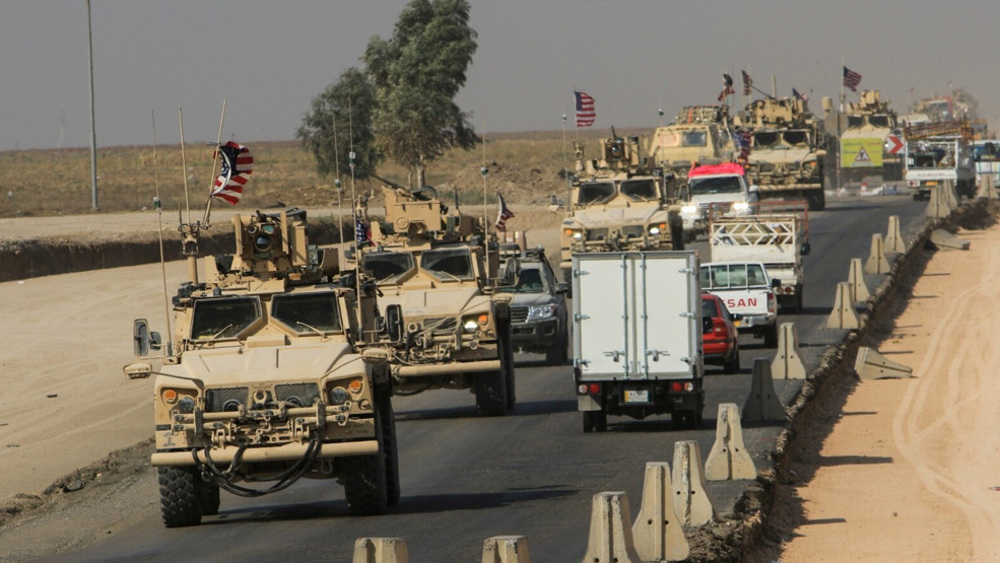
US arms convoys enter Iraqi Ain al-Asad base from Syria: Report
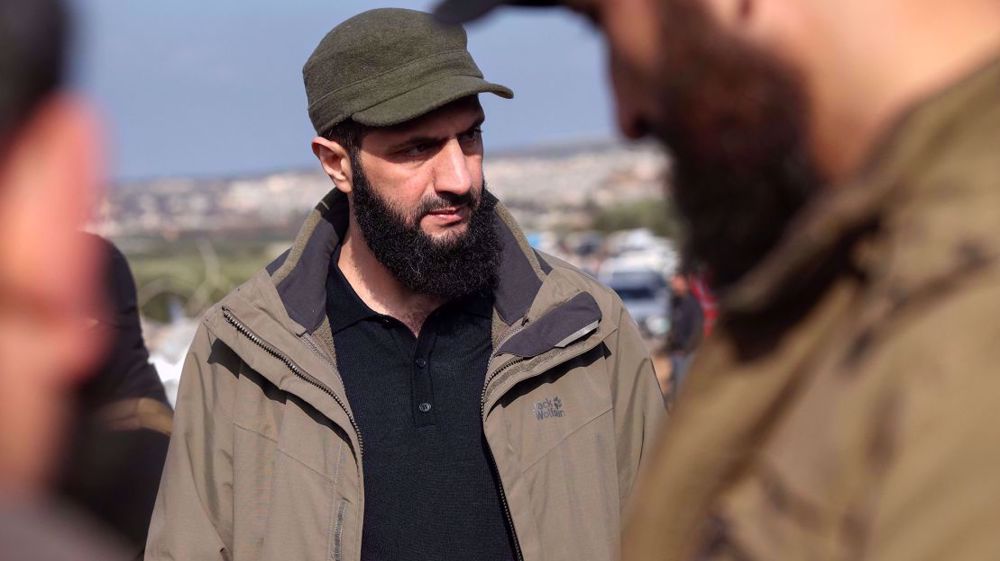
Syria’s self-proclaimed president can be arrested if he visits Baghdad: Iraqi figure
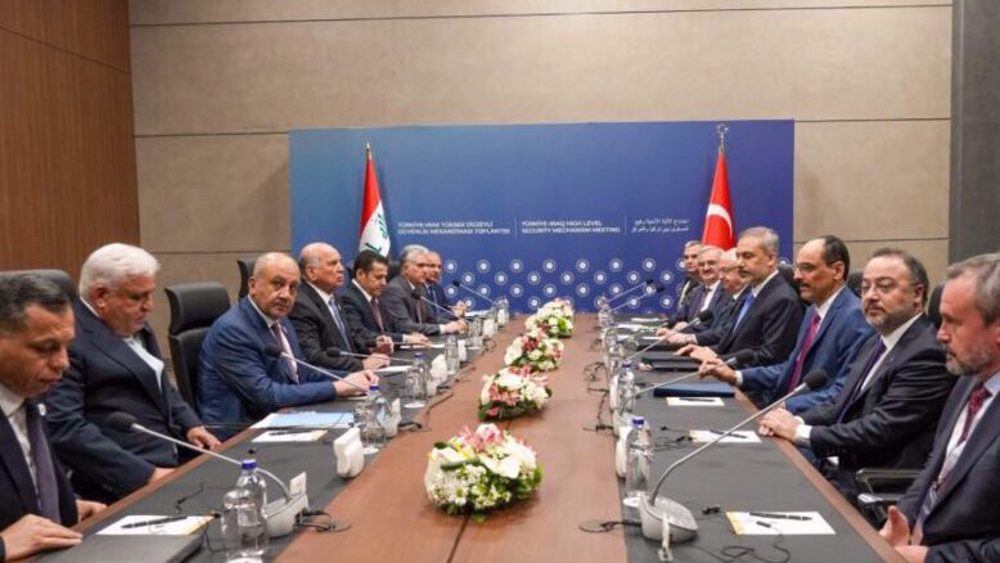
Iraq warns Daesh threats ‘resurging’ in Syria
Four Israeli ministers call for annexation of occupied West Bank
‘Collective punishment’ of Palestinians unjustifiable: UNRWA
Iran president, foreign minister offer condolences over death of Pope Francis
Obituary: Pope Francis, first Latin American pontiff, friend of Iran, critic of Gaza genocide
Remembering Saadi Shirazi, Persian poet whose message of universality endures
China sanctions US figures over ‘gross interference’ in Beijing’s affairs
Yemen: US fails in its aggression since day one; Trump ‘accountable’ for fatalities
Russia: Ukraine violated Easter ceasefire using US-made weapons


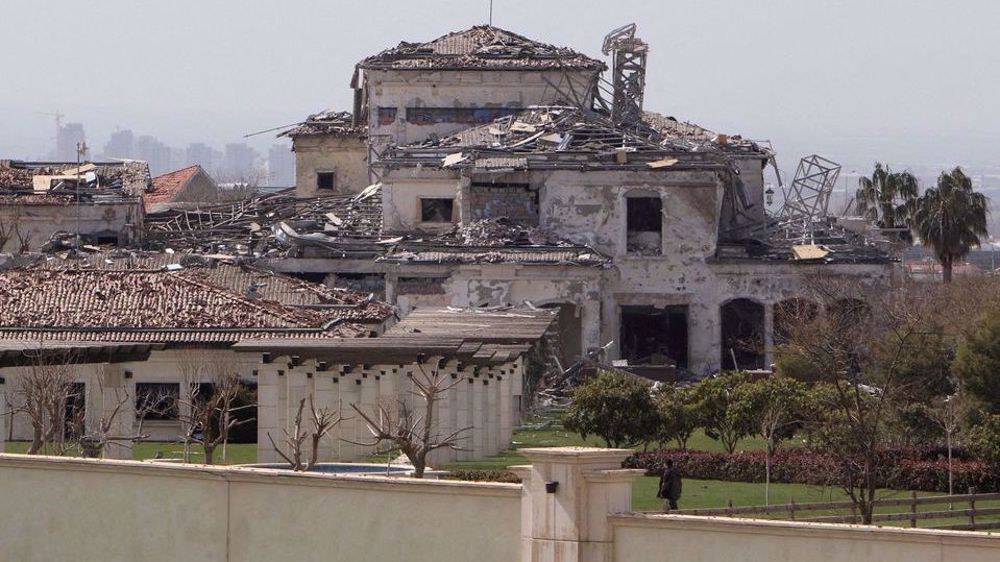
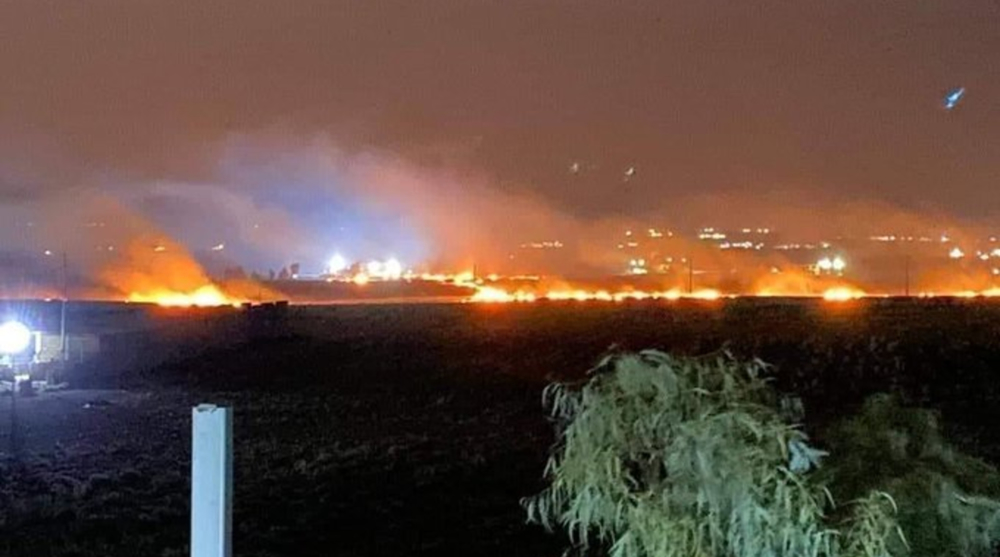
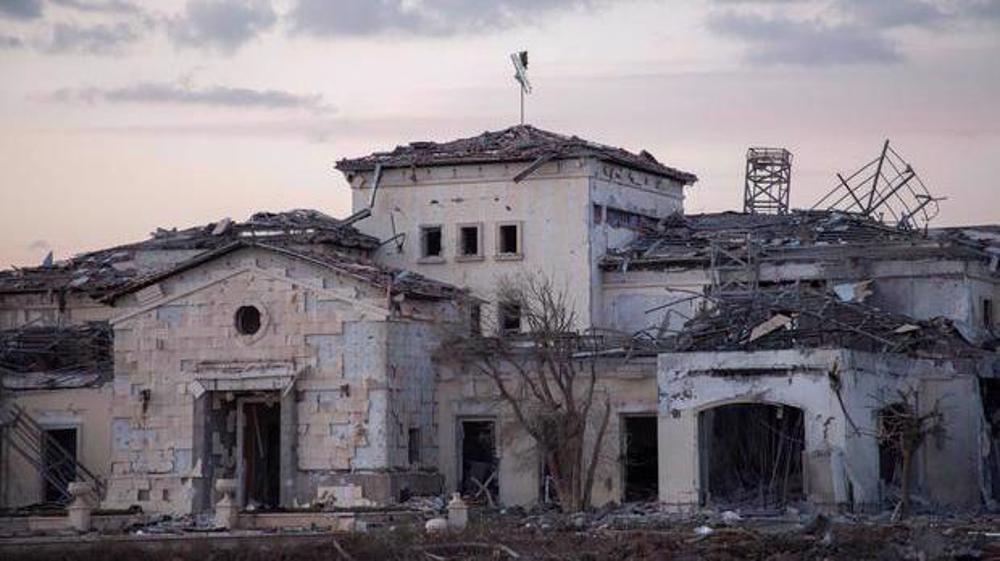



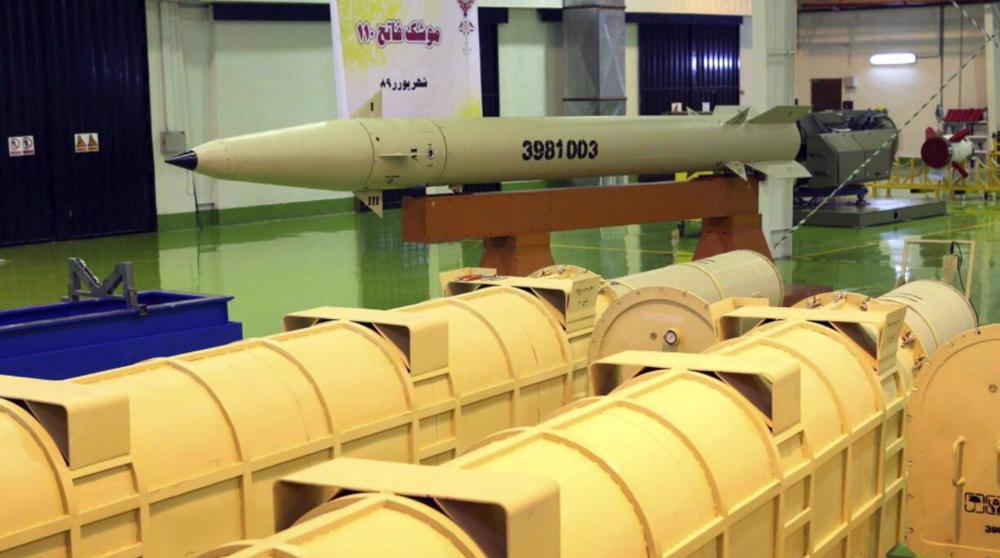
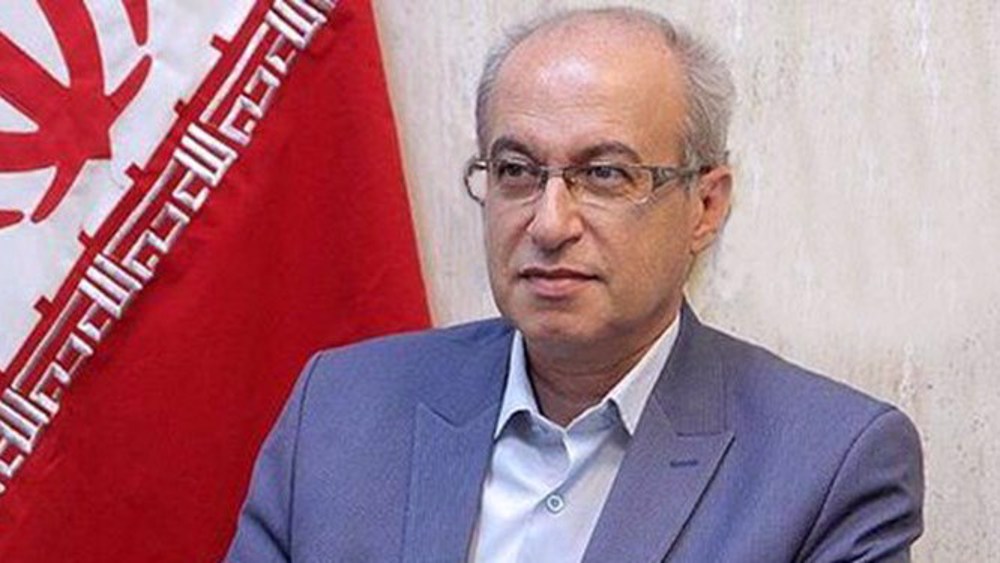
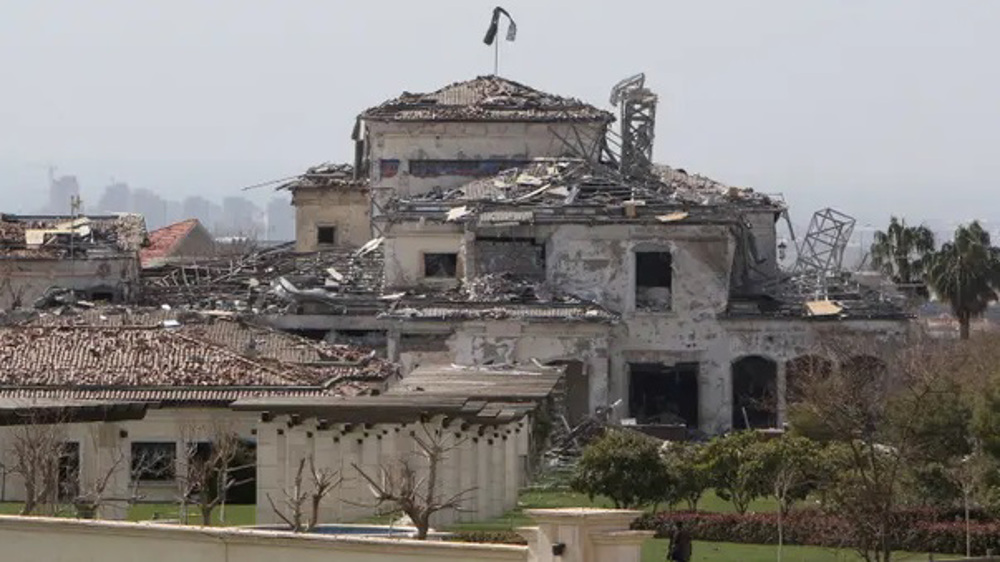
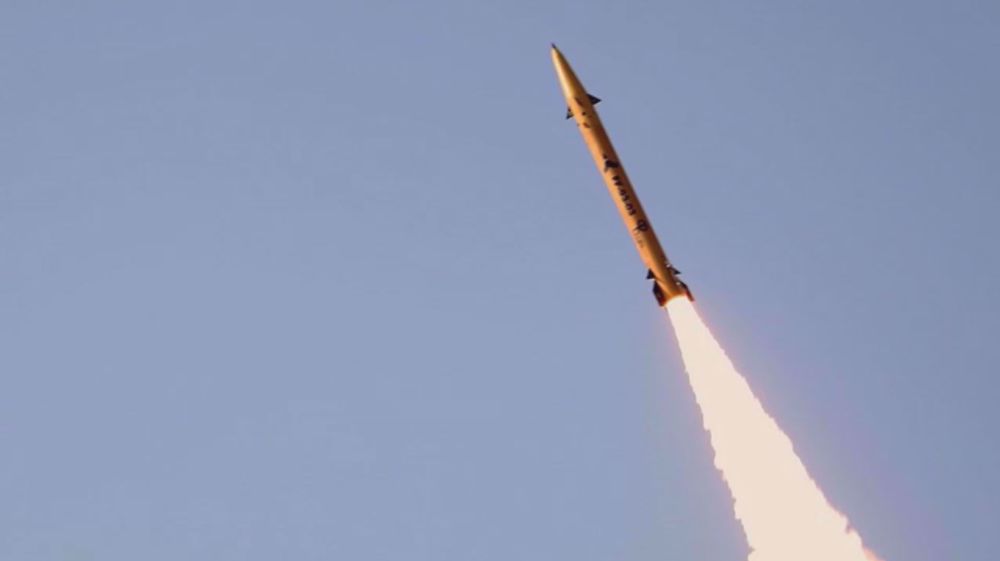
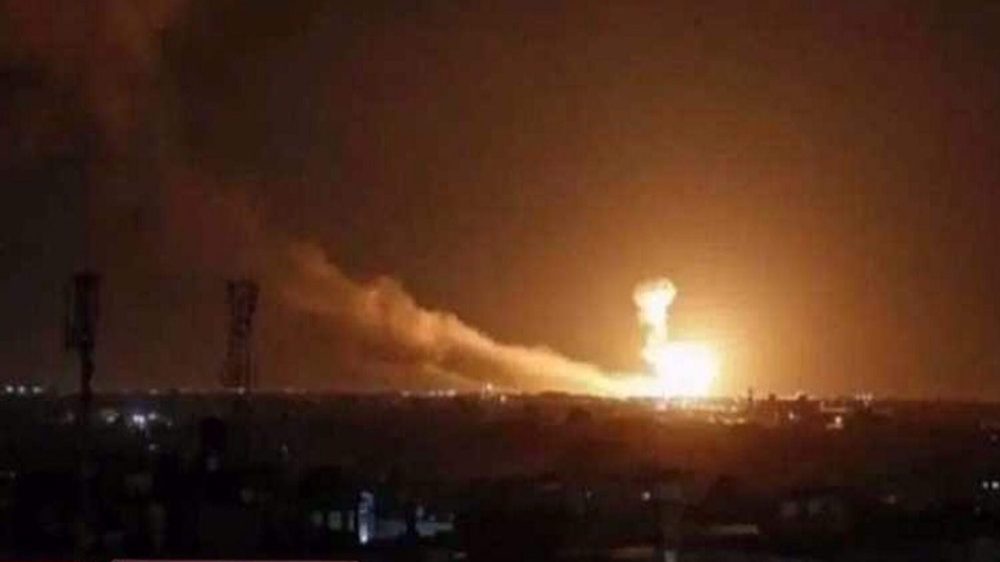

 This makes it easy to access the Press TV website
This makes it easy to access the Press TV website